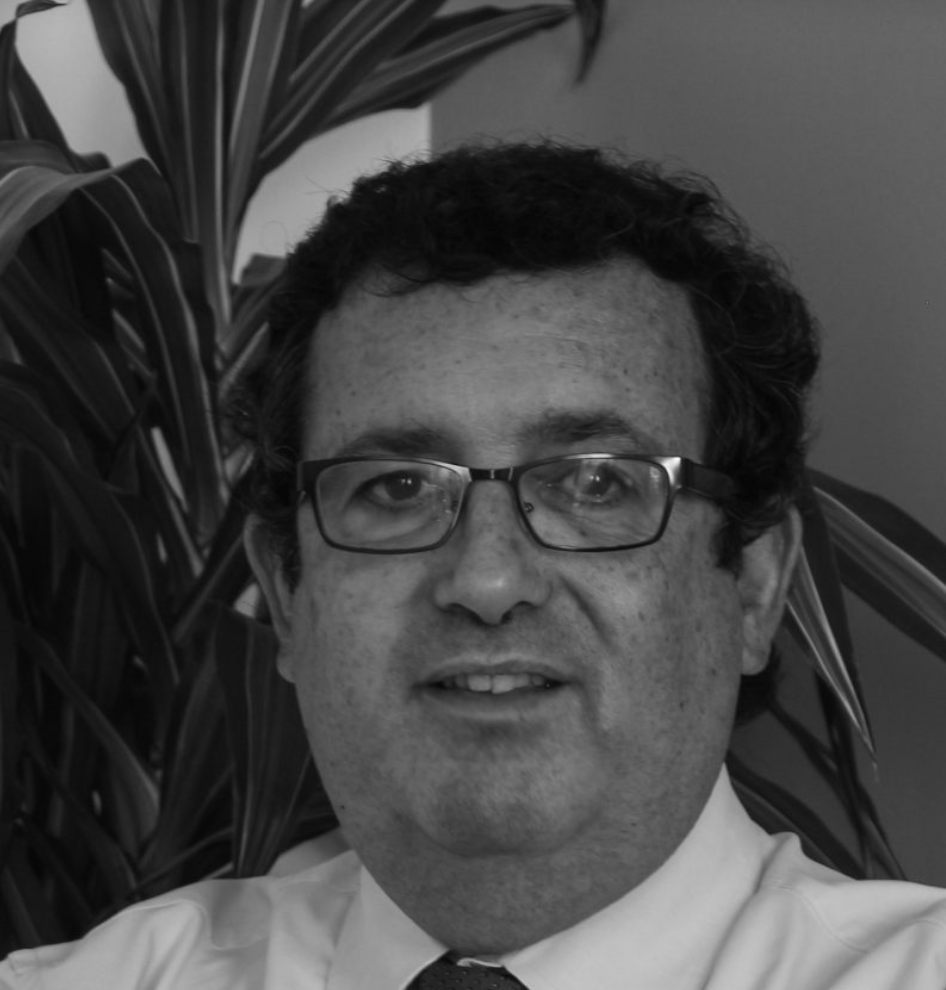The pandemic hit the tourist sector in 2020, at a time when it had been growing robustly for more than 5 years and, as such, companies had theoretically more capital when compared to the 2008 financial and economic crisis. If we add to this, the measures adopted by the State (lay off and banking debt moratoriums) and the expectation of a fast recovery in 2022 or 2023 – which is effectively taking place with very robust demand indicators as well as higher average rates – there was no excessive pressure for asset owners to follow a strategy – or need – to sell at a discount.
In terms of touristic assets transactions, 2022 will be a record year. The latest transaction of the CROW portfolio, given its scope within a relatively small market, will make this, an unusual year. But other operations were concluded or are about to be concluded. Performance during the pre-pandemic years and the quick recovery placed Portugal firmly under the international investors’ radar and, as such, we expect interesting years ahead, provided the economic recession does not take place or remains only for a short period and contained
Second homes’ sales have had years of high demand since 2020 – with the pandemic boosting new second home buyers, motivated by, amongst others, more time spent working from home – a fact which has also prevented the application of significant discounts on the prices of these assets; quite the opposite, there have even been cases where prices have increased. It should also be noted that there isn’t much offer in terms of second homes in resorts for immediate occupation. Buyers from new origins – such as French, American and Brazilian – have also contributed for this growth in demand. There are currently four regions where the market is very active: Porto (and Douro), axis Lisbon-Cascais, Tróia – Melides, and the Algarve.
Lisbon, Porto and Algarve are the most attractive destinations for investors in terms of hotels – preferably well located, operational hotels with more than 100 rooms. We can also identify the axis Tróia – Melides where the demand for hotel and second homes’ development and/or management opportunities has been increasing exponentially. Demand is not restricted to new projects and/or consolidated operations, but it also extends to hotels (and other types of housing buildings) in need of refurbishment or of integrating new national or international benchmark managing services.
It should also be added the relevance of projects which complement the classical hotel profile, namely serviced apartments, usually with an associated brand, taking advantage of the increased demand for this type of assets, as well as providing self-financing for investments with high costs normally connected to the cost of the terrains and the significant increase of construction costs. The arrival of well-known players, increased demand and the presence of increasingly more globally recognised hotel operators have generated this growing interest
A final note on Madeira which is a destination that has recently, started to stand up in terms of second home offer.
Prospects are thus positive, despite resulting from the global political and economic situation which has brought some fear of a recession in 2023, with the increased inflation and interest rates and its resulting impact on global demand’s access to funding.
It is then natural that there is a deeper survey of opportunities, as well as for the prerequisites for investment (especially the increase in construction costs) and for the future operation (particularly labour and energy costs) to be more conservative. All this can lead, in theory, to unfavourable assessments. We believe this subject will be further discussed in the coming quarters when we will have more objective data in terms of price adjustments.
On the other hand, the ability to increase the average rates – through revenge spending but also due to the destination and corresponding hotels’ perceived quality – may soften the caution economic instability brings to the process; as well the presentation and execution of measures which can objectively reduce the licensing processes timings. It matters, in this context, to maintain the pre-pandemic path in terms of valuing Portugal as a destination.
Second home sales have resisted, with several successful examples, rising from the pandemic and its consequences, as well as boosting Portugal’s growing visibility and competitiveness at this level.
Regarding investors, there is a wide range in terms of profiles. Private equity, family offices, HNWI, real estate funds and developers/investors have spread their activity to Portugal. There is also a growing geographic diversification motivated, amongst other factors, by Portugal’s golden visa regime and the non-habitual tax regime.
It is important to remark that, in terms of investment in tourist assets (unlike other types of assets such as offices and shopping centres), investors interest and presence is still very recent. Portugal maintains a very fragmented ownership structure; with many assets whose owner and manager are the same entity. This is the moment to ride the wave of investors who are informed about Portugal and keep their interest in the market; the continuous announcements of new investments are the greatest calling card for those who are not here yet.

